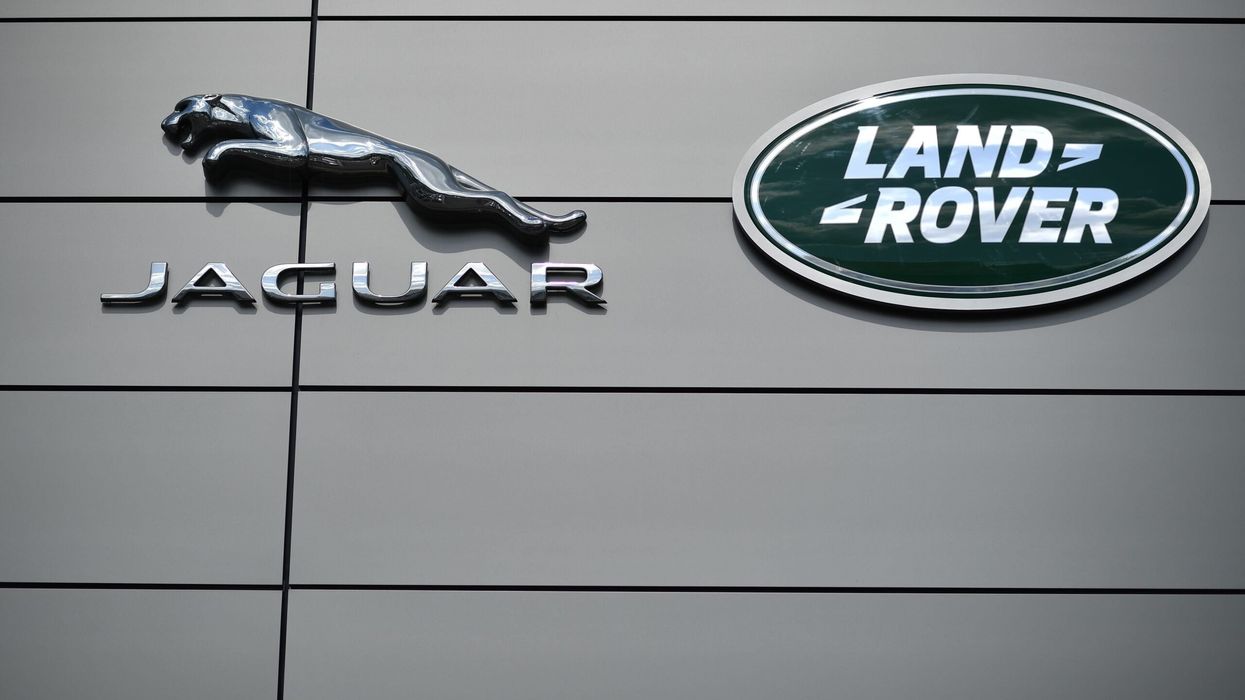SALES of plug-in electric hybrids or PHEVs from Land Rover and Range Rover are rising significantly as confusion surrounding electric vehicles (EVs) continues, reported the Times.
India's Tata Group-owned Jaguar Land Rover, the West Midlands-based automotive firm, reported a 29 per cent increase in demand for its hybrid electric vehicles during the first half of its financial year, which ended in September.
The company attributes this surge to drivers seeing hybrids as a transition to fully electric cars. JLR said that more consumers are using PHEVs to familiarise themselves with electric technology, helping to alleviate concerns about range when travelling longer distances.
Plug-in hybrids combine a rechargeable electric battery with a petrol engine, allowing users to switch to petrol when the electric charge runs out.
According to the report, this dual capability can ease 'range anxiety', which is a common concern among drivers considering the switch to EVs. Industry experts believe that PHEVs serve as a practical step towards full electrification, enabling consumers to gradually adapt to new technology while manufacturers work on reducing production costs for electric vehicles.
In particular, JLR reported a 47 per cent rise in global PHEV sales for its Range Rover models and a 23 per cent increase for its Defender brand. These gains follow a notable 59 per cent rise in global PHEV sales in the year leading up to March.
In the UK, sales of JLR’s hybrids jumped by 55 per cent, reaching a total of 20,800 units. The segment is the fastest-growing in the UK market, rising by 26 per cent this year. Also, hybrid vehicles are outpacing the declining demand for diesel vehicles.
Mark Camilleri, JLR’s director of electric vehicle programmes, explained that as consumers become more familiar with electrification, demand for PHEVs is likely to increase.
He highlighted hybrid vehicles' ownership experience, which includes home and public charging facilities, making them attractive options for those contemplating a fully electric vehicle in the future.
JLR has committed to introducing fully electric versions of the Range Rover, Defender, and Discovery models by the end of the decade. The company aims to transition its Jaguar brand to an entirely electric lineup starting next year.
The company pointed out that its PHEVs can be driven for up to 70 miles in zero-emission mode, significantly exceeding the average daily driving distance of UK motorists, which is approximately 20 miles.





